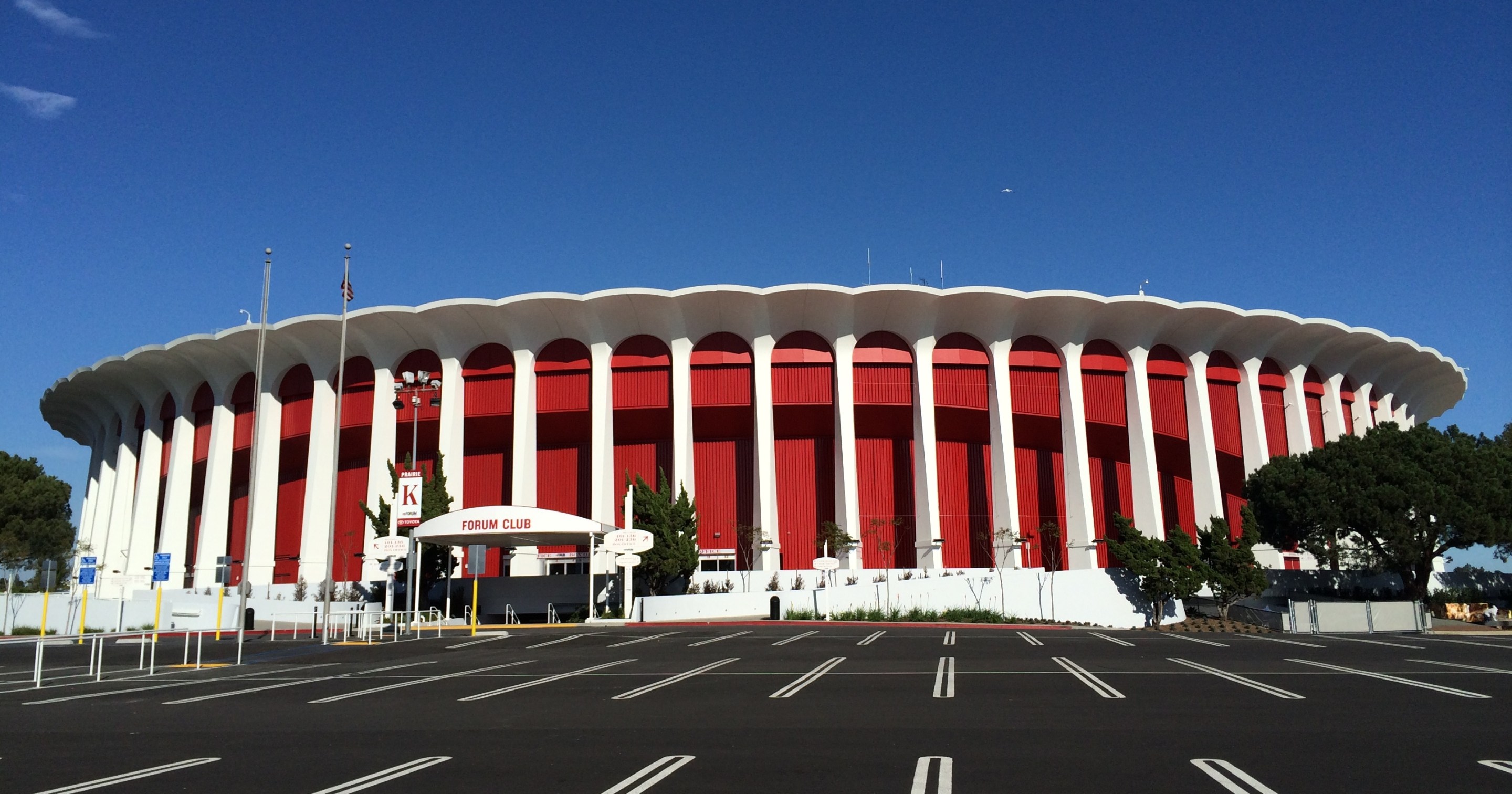[dropcap size=big]I[/dropcap]nglewood's City Council unanimously passed a emergency 45-day moratorium on rent hikes in the city. This comes as the new Crenshaw rail line and the $4.9 billion dollar NFL stadium are pressuring Inglewood renters with high costs and out-of-control rent increases.
The proposal's approval means many multi-unit building owners will be prevented from raising rents by more than five percent in a one-year period. The city will use the pause on rent hikes to study and prepare for a further action on the matter as council chambers Tuesday were filled with residents facing rent hikes and evictions. Mayor James Butts cited a resident who received a 200 percent rent hike as one of the catalysts behind the motion, which he introduced.
"We need to allow people to make a living, but at the same time we will not allow buildings to be emptied out en masse," Butts said during a sometimes passionate City Council meeting. The rule applies to apartment buildings constructed before February 1995. It does not apply to condos or single-family homes.

Before the vote, Councilman Eloy Morales requested an amendment to the measure protecting residents from being unjustly evicted during the moratorium. This also passed, with the mayor noting that any company who evicts a resident in retaliation for the moratorium "will have to answer to us."
Inglewood is affordable compared to the rest of Los Angeles County, but the median household income in Inglewood is $46,389 compared to $61,015 for the county, census data shows. Census figures also show that 20.7 percent of families in Inglewood live below the poverty line. The number of people living below the poverty rate in Inglewood has increased since 2000.
Rental prices in Inglewood are also rising faster, according to data obtained by Curbed LA. The CoStar data shows prices have increased 10.8 percent since 2016, compared to seven percent for the rest of Los Angeles County. Inglewood residents are mostly renters, with less than 35 percent of homes occupied by their owners.
"If a temporary moratorium on residential rent increases were not imposed now, the public health, safety, and welfare of many citizens would be immediately threatened,” Butts wrote in his initial proposal.







